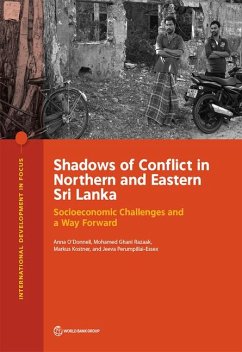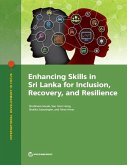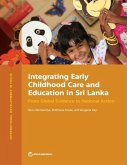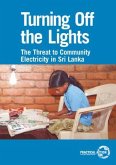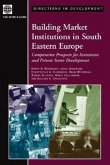This volume summarizes a series of studies undertaken to better understand the current socioeconomic context of the Northern and Eastern provinces in Sri Lanka. Nearly a decade after the end of the Sri Lankan civil war, the Northern and Eastern provinces lag in key social and economic measures. The study was made up of six background studies focused on (i) the provincial economies and economic structures of the North and East; (ii) labor force dynamics; (iii) demographic changes and impacts on vulnerability; (iv) the psychosocial needs of the local population; (v) community and social institutions; and (vi) livelihood trends and impacts of the war on productive assets. These studies were informed by both primary data collection, as well as secondary data sources and literature. The key findings from the assessment show that significant public investments in the Northern and Eastern provinces have resulted in growth and convergence between these provinces and the rest of the country. However, pockets of poverty and deprivation remain across these provinces, and the economic base of the region has yet to fully recover from the impacts of the civil war. Social vulnerabilities were persistent across the Northern and Eastern provinces, and were closely linked with poverty rates. With the demographic impacts of the war, vulnerabilities for women are growing in the region. There was a high rate of psychosocial needs recorded, and evidence that the social fabric has not been fully restored since the war. Citizen engagement, trust, and accountability remain important priorities, alongside economic revival, job creation, and restoring the social fabric and local institutions.

